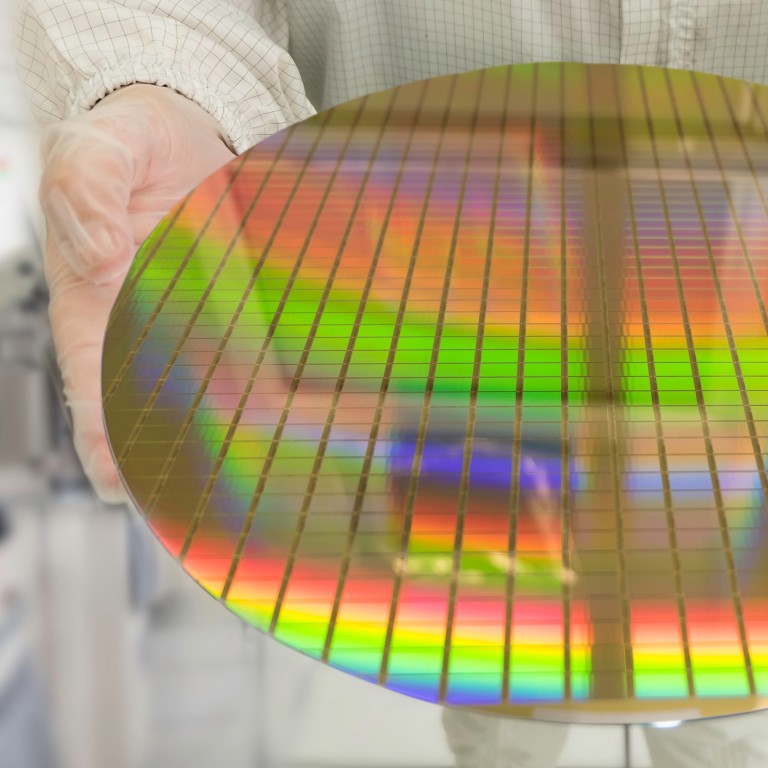
Intel ends 5G partnership with Chinese government-linked chip maker Unisoc, citing ‘business’ reasons
- The ending of the partnership comes at a time when semiconductors are at the centre of a technology gap that China wants to close with the US in key areas
US chip giant Intel said it has ended a partnership to share its latest 5G modem technology with Chinese mobile chip maker Unisoc, a core subsidiary of state-linked Tsinghua Unigroup, at a time when trade and technology rivalry between the world’s two-biggest economies is heating up.
Intel said in a statement that the companies had “decided to mutually end the partnership, which was strictly a business decision”. A call to Unisoc’s media relations team in Shanghai went unanswered.
The ending of the partnership comes at a time when semiconductors are at the centre of a gap that China wants to close with the US as it aims for self-sufficiency in strategic technologies under President Xi Jinping’s direction. State-of-the-art integrated circuits today can be used to power everything from smartphones to smart speakers to the most advanced super computers and driverless cars.
In November, the US also slapped export restrictions on US companies working with Chinese chip maker Fujian Jinhua, citing national security concerns, in a similar move to the trade ban that earlier crippled the operations of ZTE Corp for three months before the telecoms equipment maker agreed to a settlement with Washington in July 2018.
The termination of the 5G partnership between Intel and Unisoc, first reported by the Nikkei Asian Review on Tuesday, signals that Washington’s long campaign to contain China’s reach in emerging technologies is having an effect, said the Japanese newspaper.
“Intel has been concerned that closer ties with the Chinese government-sponsored company could somehow upset US authorities given the current tensions between the two sides,” an unnamed source was quoted as saying in the Nikkei report. It noted that former Intel CEO Brian Krzanich had been an advocate and initiator of the deal but he is now gone.
Unisoc’s chief technology officer Qiu Xiaoxin shared how the company intended to use Intel’s 5G modems for mid-tier Android smartphones with its applications processor at the Intel 5G Network Summit in Beijing in September, according to an earlier report by industry media outlet Telecomlead.
However, although the termination of the alliance could be a consequence of the current US-China trade war, it also reflects changes in the semiconductor industry itself where strategies and leadership positions are changing, said Gu Wenjun, founder of Shanghai-based research firm ICwise.
Unisoc is a leading fabless semiconductor company committed to independent research and development of core chipsets in mobile communications and the internet of things (IoT), according to its official website.
Meanwhile, Tsinghua Unigroup is 51 per cent owned by Tsinghua Holdings — a wholly-owned subsidiary of Tsinghua University, itself a public university of China — and 49 per cent owned by Beijing Jiankun Investment Group.
Unisoc is dedicated to becoming a top 3 mobile baseband and chipsets supplier in terms of global market share, and the largest pan-chip supplier in China with leading 5G technology, says the company on its website.


